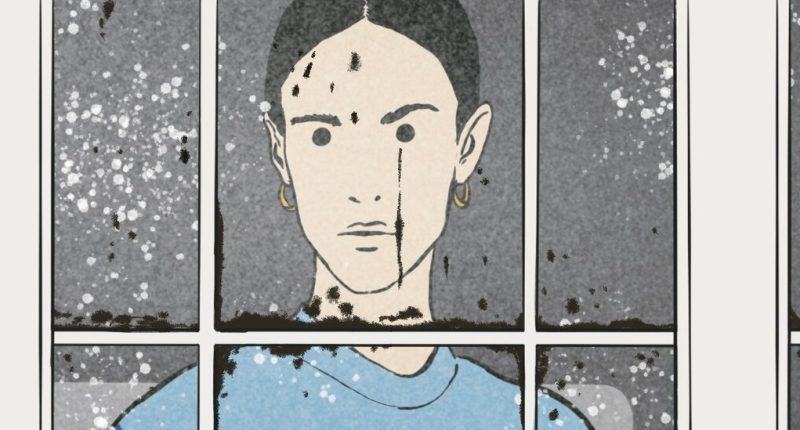
Q: I’ve lived in a rent-stabilized apartment in Hudson Heights for almost seven years and have no real complaints except for one thing: The windows are absolutely filthy! I called the management company to see if it has a preferred window-cleaning service, to no avail. When I asked if I could hire my own cleaner, management said no. I am on the third floor and cannot clean the windows, because they are old and do not open into the apartment. I have called 311, and they were very good about window guards and the like, but there don’t seem to be any rules about upkeep and cleaning. Can you help?
A: There is nothing explicit in the law that requires the landlord to clean your windows.
Laws governing rent-regulated and market-rate apartments do not require this type of maintenance. But that doesn’t mean the dirty windows aren’t posing health hazards that the city must take seriously.
Landlords typically do not want to allow tenants to hire their own cleaners because of liability concerns, such as the window washer not having proper insurance, or out of fear that the windows will be damaged. This can be frustrating for tenants who live in older buildings where the windows don’t open to the inside.
First, check your lease to see if window cleaning is included. If it isn’t, there is another way to approach this problem. Keep in mind, it’s not just dirt that is dimming your view. City windows are often caked in air pollutants from construction and building materials, car exhaust, even soot from Canadian wildfires.
“The problem is the contaminants are more than just a dirty annoyance — the contaminants are in fact a health hazard,” said Steven Ben Gordon, a tenant lawyer based in Queens.
Email the landlord about addressing the health hazard. Write a letter too. Mr. Gordon said he strongly advises tenants to develop a written record of repair requests that relate to health hazards.
Next, contact 311 and notify the city’s Department of Housing Preservation and Development that you have requested that the landlord or property manager clean the contaminants from the windows, and request an inspection. The department takes these hazards seriously because pollutants pose serious health concerns for children and seniors who are most at risk, Mr. Gordon said.
If there is still no resolution, you can take legal action in housing court. The court will hear your concerns and you might have an opportunity to resolve the situation with the landlord’s attorney.
For weekly email updates on residential real estate news, sign up here.
Source: | This article originally belongs to Nytimes.com









